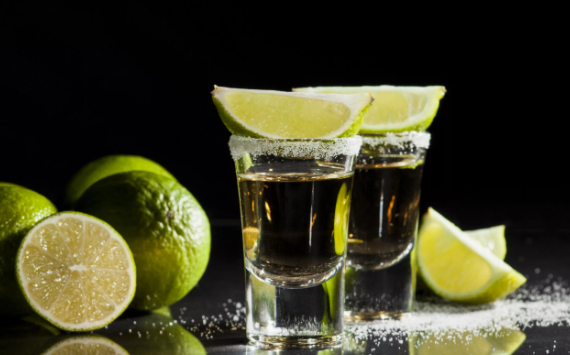Tequila Day

Is there a better way to savor blue agave than with a toast? We can't think of one! July 24th is National Tequila Day, a full day—24 hours, 1,440 minutes, and 86,400 seconds—dedicated to celebrating your favorite spirit with salt and lime. Enjoy responsibly and avoid drinking and driving. Take a moment to explore the rich history of tequila in Mexico, the American Southwest, and beyond.
About the holiday
Brief History
Tequila, derived from the blue agave plant, has been crafted for thousands of years, with its ancient predecessor, pulque, dating back to around 150 B.C. The production process involves cooking the agave hearts (piñas), grinding, and fermenting them for several months to three years. Unlike fruit-based drinks, once agave is used, it cannot be reused.
For a spirit to be labeled "tequila," at least 51% of its content must come from blue agave. Many high-quality tequilas use 100% blue agave, which is typically more expensive. Tequila must be produced in specific regions of Mexico, including Jalisco, Michoacán, Tamaulipas, Guanajuato, or Nayarit.
National Tequila Day, celebrated on July 24th, honors this iconic drink. Officially recognized by the Mexican government in 2018, the day celebrates tequila in all its forms, from straight shots to cocktails.
How It’s Celebrated
National Tequila Day is marked by various festivities and gatherings. Bars and restaurants often feature special tequila-based cocktails, offer tastings, or host themed events to celebrate the day. Enthusiasts may enjoy tequila in classic drinks like margaritas or explore new cocktail recipes. Tequila tastings and educational events are also common, where participants learn about the different types of tequila and its production process. Celebrations can range from casual get-togethers with friends to larger, festive events highlighting tequila's role in Mexican culture.
 National Tequila Day
National Tequila Day
Interesting Facts
- Tequila is crafted exclusively from the blue agave plant, which is primarily cultivated in the area surrounding Tequila, Jalisco, Mexico.
- For a spirit to be legally recognized as tequila, it must be produced in designated regions of Mexico and adhere to specific regulations.
- The spirit comes in several varieties: Blanco (unaged), Reposado (rested), Añejo (aged), and Extra Añejo (extra-aged).
- The tequila-making process is intricate, involving the careful harvesting, cooking, fermenting, and distilling of the agave.
- The margarita, a renowned tequila-based cocktail, is thought to have been invented in the 1930s or 1940s.
Were born on 24 July
Today, we toast to this legendary spirit and its vibrant legacy. Whether you savor it neat, blend it into a zesty margarita, or mix it into an inventive cocktail, take a moment to relish the deep heritage and distinct flavors of tequila. Here’s to celebrating with great friends and unforgettable moments!






































